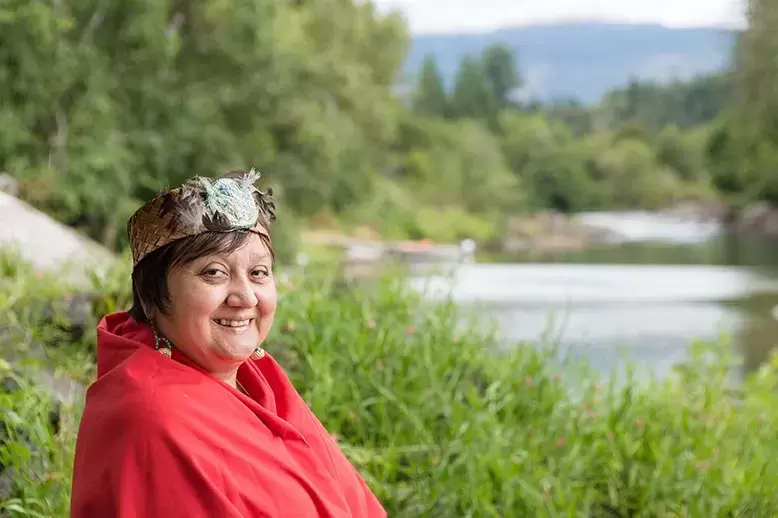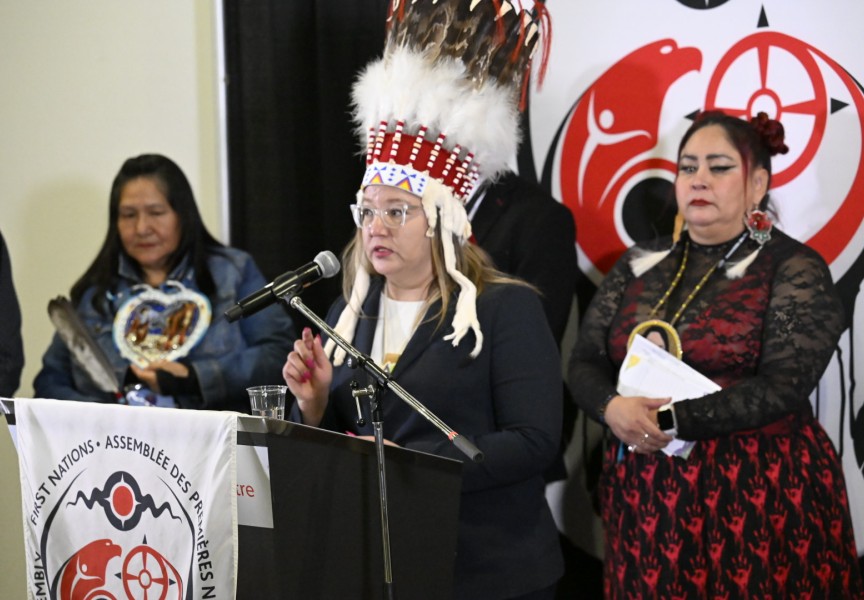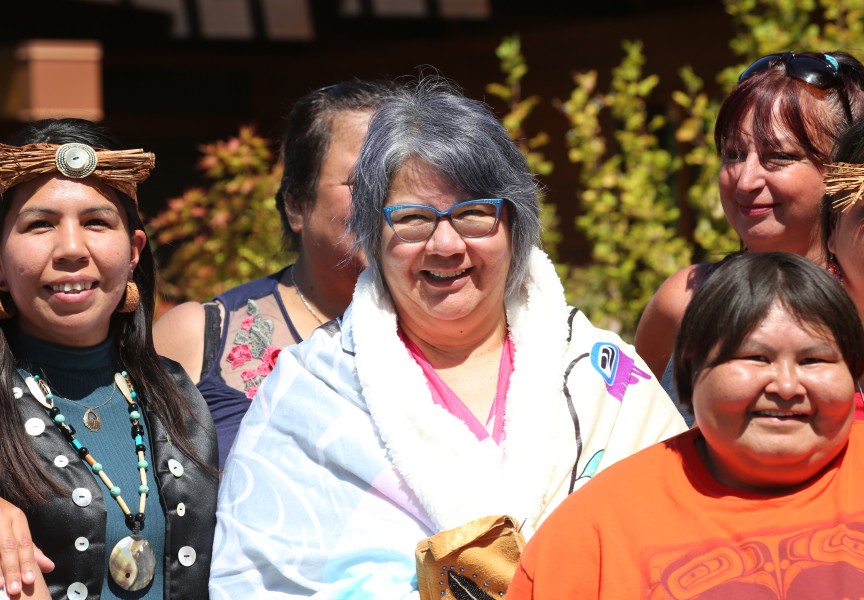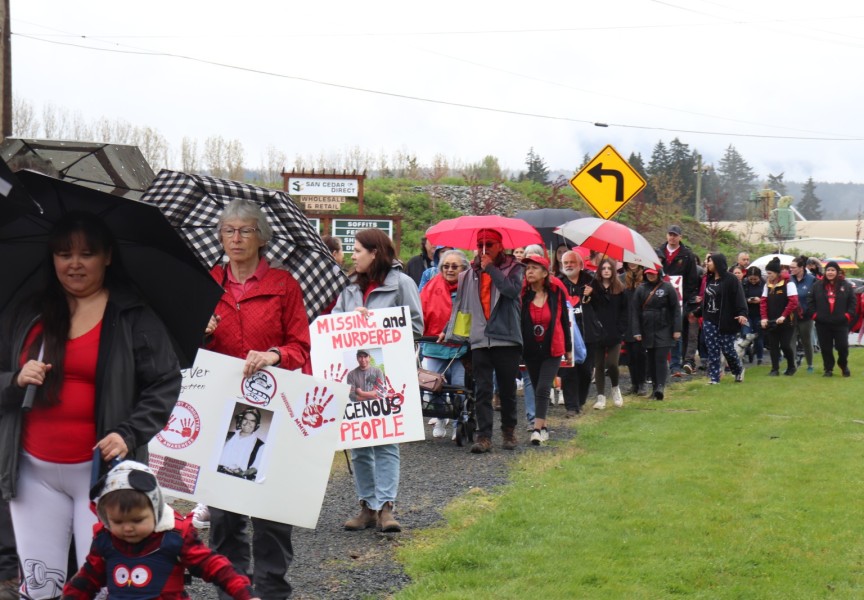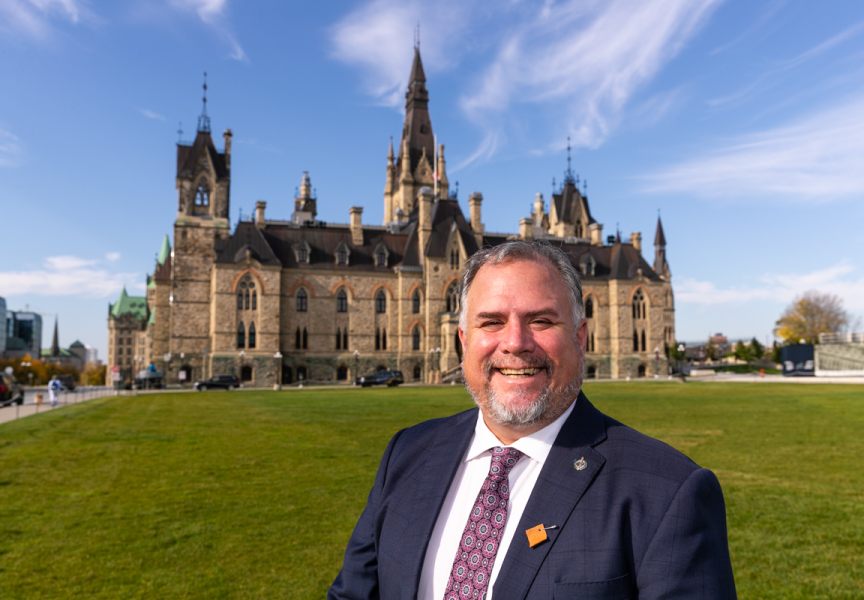Prime Minister Justin Trudeau’s announcement earlier this week of $1.5 billion to protect Canada’s Pacific, Atlantic and Arctic oceans from tanker and fuel spills is welcomed, say Nuu-chah-nulth First Nations.
Although involving Canada’s coastal Aboriginal communities in a management plan over five years will be the test as to whether the Liberal government is truly serious about its commitments to safeguarding coastal communities from future oil spills.
“I am cautiously optimistic about this government’s coastal plan, and believe it’s a good first step,” says Debra Foxcroft, president of the Nuu-chah-nulth Tribal Council.
“Yet if the Prime Minister is truly committed to the reconciliation process with First Nations, to protecting Canada’s sensitive coastal areas, and to restoring marine ecosystems, he will involve First Nations at all levels as equal partners and Aboriginal rights holders, otherwise we’re doubtful about its success.”
Foxcroft adds that Nuu-chah-nulth First Nations have lived on Vancouver Island’s west coast for millennia and possess a unique knowledge about the geography, marine species, and the changing weather conditions.
She cites the Oct. 25 sinking of the Leviathan II off Vargas Island and the rescue efforts by Nuu-chah-nulth fishers of 21 survivors as an indication of Nuu-chah-nulth history as this area’s stewards and protectors.
The tragedy that lost six lives also highlighted the need to create First Nations community response teams for search and rescue and environmental response.
“Our people are up to the task, though they need proper training and equipment, such as radios and boats to be able to do the work,” says Foxcroft.
Following the sinking of the Leviathan, the Canadian Coast Guard has been working with Nuu-chah-nulth communities on training and measures to develop anew coast guard auxiliary. Part of this equation is the issue of economic diversification.
“For several years we’ve worked to re-build our Nuu-chah-nulth fishing culture, which was decimated by overfishing and mismanagement of aquatic resources,” says Foxcroft. “We feel protective of our harvesting grounds for our community fisheries, and are heartened that the government is planning to design improved protection for coastal ecosystems, wildlife, and communities.

